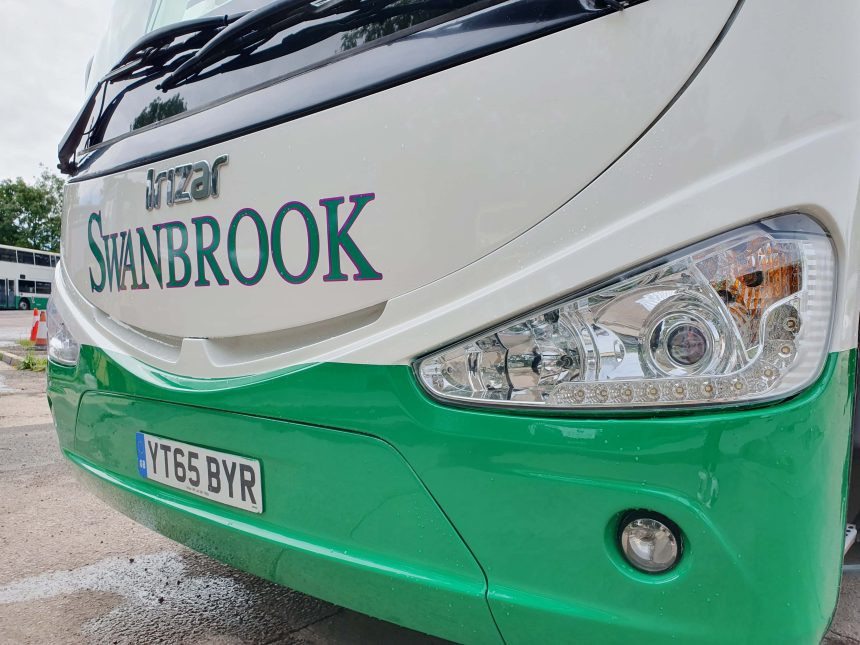Looking back on 2024, an issue within the coach industry that I did not predict was the significant amount of operator consolidation that took place during the year.
REL Capital continued to purchase companies, as did Go-Ahead and FirstGroup. The Coach Travel Group was formed and there were several companies sold to neighbouring operators, some of which were reported, others which I suspect happened quietly.
So, what impact is this having on the coach industry and the actual number of coach operators that are still in existence? The Traffic Commissioners’ Annual Report 2023-24 states that there are 5,451 valid PSV O-Licences across both coach and bus companies. Trying to segregate out coach operators from this total is always challenging and there are other issues that need to be taken into consideration.
For example, as the licences are only renewed every five years, a company may have ceased trading but forgotten to surrender its licence, so it stays on the books, dormant until it expires.
Some ‘forensic’ work undertaken prior to 2020 showed that there were around 3,000 coach operators across the UK. Post pandemic, I believe the figure of the number of coach operators actually running is much lower.
I have recently opened a couple of coach operator websites. In one case I discovered that there was nothing behind the front page; in the other case it opened onto another coach operator’s website, which I subsequently found had bought up the assets of the former!
I suspect that the number of coach operators in the UK today is closer to (or, sadly even below) 2,500. I would be interested to know whether others agree with this.
So, has industry consolidation sped up or slowed down what appears to be a declining number of coach operators? It is my belief that it has slowed it down to some extent.
Many of the recent purchases, especially to the larger groups, have retained the company name, personnel and hopefully kept the ethos intact. Where a smaller coach operator has fallen under the wing of a larger group it almost certainly has given the company a future, especially if the previous owners did not have a clear exit strategy or succession plan.
There is no doubt that many coach operator owners look at the future landscape of the industry and the customers they serve and wonder how they will best achieve the road to zero-emission, accessibility, reregulation of bus services (which could include home-to-school routes) and, more recently, inheritance tax changes.
Owners selling up to a larger group, with or without their continued involvement, may well allow their company to survive these changes and come out on the other side still serving the local community in which they are based. The owners also benefit from financial security too.
There is also the advantage of discounts from bulk purchases, for vehicles, equipment, infrastructure and financial/legal/insurance services, which all contribute positively to the bottom line.
There are risks of course. A company may not survive in the longer term depending on the direction that the new owners wish to take. Those previous owners who stay with the company may also find the challenge of, in effect, working for someone else within the operation that they and previous generations of the same family have built up, too stressful.
However, we want to make sure that the coach industry has a secure future, not least for those who will continue to use the services that it provides. It appears that it is adapting to the many changes that it faces, and consolidation will continue to feature significantly in the year ahead.



























